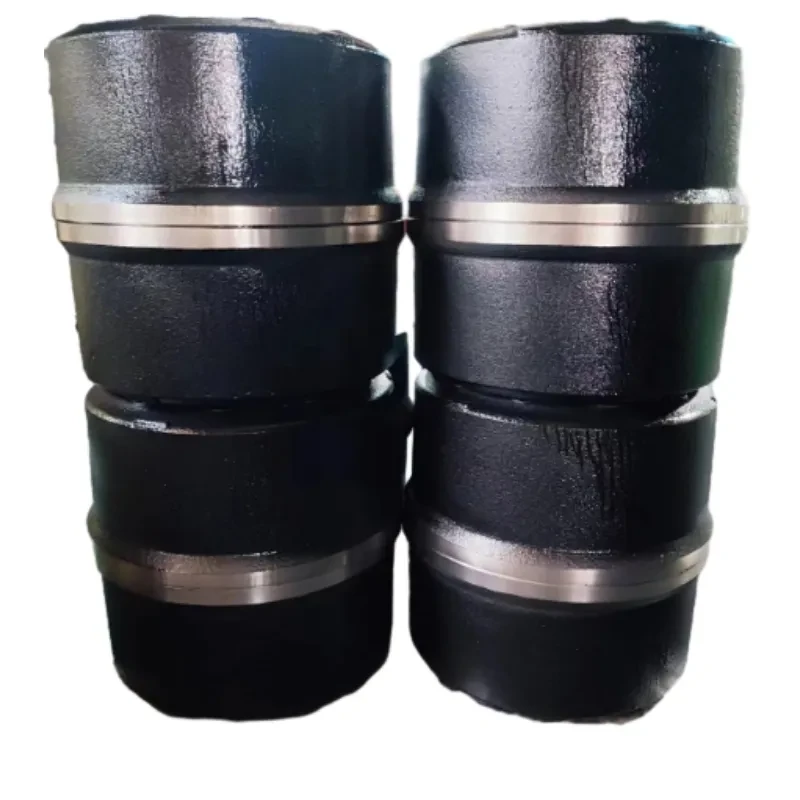
-
 Afrikaans
Afrikaans -
 Albanian
Albanian -
 Amharic
Amharic -
 Arabic
Arabic -
 Armenian
Armenian -
 Azerbaijani
Azerbaijani -
 Basque
Basque -
 Belarusian
Belarusian -
 Bengali
Bengali -
 Bosnian
Bosnian -
 Bulgarian
Bulgarian -
 Catalan
Catalan -
 Cebuano
Cebuano -
 Corsican
Corsican -
 Croatian
Croatian -
 Czech
Czech -
 Danish
Danish -
 Dutch
Dutch -
 ພາສາອັງກິດ
ພາສາອັງກິດ -
 Esperanto
Esperanto -
 Estonian
Estonian -
 Finnish
Finnish -
 French
French -
 Frisian
Frisian -
 Galician
Galician -
 Georgian
Georgian -
 German
German -
 Greek
Greek -
 Gujarati
Gujarati -
 Haitian Creole
Haitian Creole -
 hausa
hausa -
 hawaiian
hawaiian -
 Hebrew
Hebrew -
 Hindi
Hindi -
 Miao
Miao -
 Hungarian
Hungarian -
 Icelandic
Icelandic -
 igbo
igbo -
 Indonesian
Indonesian -
 irish
irish -
 Italian
Italian -
 Japanese
Japanese -
 Javanese
Javanese -
 Kannada
Kannada -
 kazakh
kazakh -
 Khmer
Khmer -
 Rwandese
Rwandese -
 Korean
Korean -
 Kurdish
Kurdish -
 Kyrgyz
Kyrgyz -
 Lao
Lao -
 Latin
Latin -
 Latvian
Latvian -
 Lithuanian
Lithuanian -
 Luxembourgish
Luxembourgish -
 Macedonian
Macedonian -
 Malgashi
Malgashi -
 Malay
Malay -
 Malayalam
Malayalam -
 Maltese
Maltese -
 Maori
Maori -
 Marathi
Marathi -
 Mongolian
Mongolian -
 Myanmar
Myanmar -
 Nepali
Nepali -
 Norwegian
Norwegian -
 Norwegian
Norwegian -
 Occitan
Occitan -
 Pashto
Pashto -
 Persian
Persian -
 Polish
Polish -
 Portuguese
Portuguese -
 Punjabi
Punjabi -
 Romanian
Romanian -
 Russian
Russian -
 Samoan
Samoan -
 Scottish Gaelic
Scottish Gaelic -
 Serbian
Serbian -
 Sesotho
Sesotho -
 Shona
Shona -
 Sindhi
Sindhi -
 Sinhala
Sinhala -
 Slovak
Slovak -
 Slovenian
Slovenian -
 Somali
Somali -
 Spanish
Spanish -
 Sundanese
Sundanese -
 Swahili
Swahili -
 Swedish
Swedish -
 Tagalog
Tagalog -
 Tajik
Tajik -
 Tamil
Tamil -
 Tatar
Tatar -
 Telugu
Telugu -
 Thai
Thai -
 Turkish
Turkish -
 Turkmen
Turkmen -
 Ukrainian
Ukrainian -
 Urdu
Urdu -
 Uighur
Uighur -
 Uzbek
Uzbek -
 Vietnamese
Vietnamese -
 Welsh
Welsh -
 Bantu
Bantu -
 Yiddish
Yiddish -
 Yoruba
Yoruba -
 Zulu
Zulu
ກ.ພ. . 16, 2025 00:14
ກັບໄປທີ່ລາຍຊື່
drum brakes making noise while driving
Experiencing strange noises while driving can be a source of worry for many automotive enthusiasts and everyday drivers alike. Among the myriad of sounds that a car can make, those emanating from drum brakes can be particularly concerning. As a trusted expert in automotive maintenance and safety, understanding the intricacies of why drum brakes make noise is essential for both vehicle performance and peace of mind.
Improper installation or misaligned components may also contribute to undesirable noise. When brake components are not seated correctly or if the brake drums and shoes are not aligned, they may rub against each other unevenly, producing thumping or squealing sounds. Such situations call for professional inspection and adjustment to ensure that the braking system performs optimally. Beyond simple mechanical issues, the materials used in drum brake linings can inherently lead to noise. Some metallic or semi-metallic linings are designed for high performance and durability but may produce noise as a byproduct. Choosing high-quality, noise-reducing brake linings can help alleviate this issue. Consulting with an automotive specialist can provide insights into the best materials suited for specific driving conditions and performance expectations. In some cases, noise might stem from more severe issues such as a warped or out-of-round drum. This condition occurs due to excessive heat or heavy braking, leading to an uneven surface that affects contact with the brake shoes. When this happens, drivers may feel vibrations along with the noise. Resurfacing or replacing the brake drum becomes necessary to restore smooth and quiet operation. Ultimately, addressing drum brake noise involves a balance of regular maintenance, choosing quality parts, and understanding the specific needs of your vehicle. Trustworthy automotive centers and experienced mechanics offer invaluable service in diagnosing and resolving these issues. By taking proactive measures, drivers not only eliminate annoying brake noise but also enhance safety and extend the lifespan of their braking system. Proper care and expert advice empower vehicle owners to maintain their rides in peak condition, ensuring a quiet and reliable driving experience.


Improper installation or misaligned components may also contribute to undesirable noise. When brake components are not seated correctly or if the brake drums and shoes are not aligned, they may rub against each other unevenly, producing thumping or squealing sounds. Such situations call for professional inspection and adjustment to ensure that the braking system performs optimally. Beyond simple mechanical issues, the materials used in drum brake linings can inherently lead to noise. Some metallic or semi-metallic linings are designed for high performance and durability but may produce noise as a byproduct. Choosing high-quality, noise-reducing brake linings can help alleviate this issue. Consulting with an automotive specialist can provide insights into the best materials suited for specific driving conditions and performance expectations. In some cases, noise might stem from more severe issues such as a warped or out-of-round drum. This condition occurs due to excessive heat or heavy braking, leading to an uneven surface that affects contact with the brake shoes. When this happens, drivers may feel vibrations along with the noise. Resurfacing or replacing the brake drum becomes necessary to restore smooth and quiet operation. Ultimately, addressing drum brake noise involves a balance of regular maintenance, choosing quality parts, and understanding the specific needs of your vehicle. Trustworthy automotive centers and experienced mechanics offer invaluable service in diagnosing and resolving these issues. By taking proactive measures, drivers not only eliminate annoying brake noise but also enhance safety and extend the lifespan of their braking system. Proper care and expert advice empower vehicle owners to maintain their rides in peak condition, ensuring a quiet and reliable driving experience.
ກ່ອນໜ້າ:
ຂ່າວລ່າສຸດ
-
What Are Drum Brakesຂ່າວJul.07,2025
-
Understanding Brake Drum Materialຂ່າວJul.07,2025
-
Semi-Trailer Brake Drum: A Key Component for Extreme Loads and Long-Distance Transportຂ່າວJul.07,2025
-
Drum Brake Pads for Saleຂ່າວJul.07,2025
-
Brake Drums for Saleຂ່າວJul.07,2025
-
Brake Drum Manufacturerຂ່າວJul.07,2025
-
Aluminum Brake Drums: The Future of High-Performance Carsຂ່າວJul.07,2025
